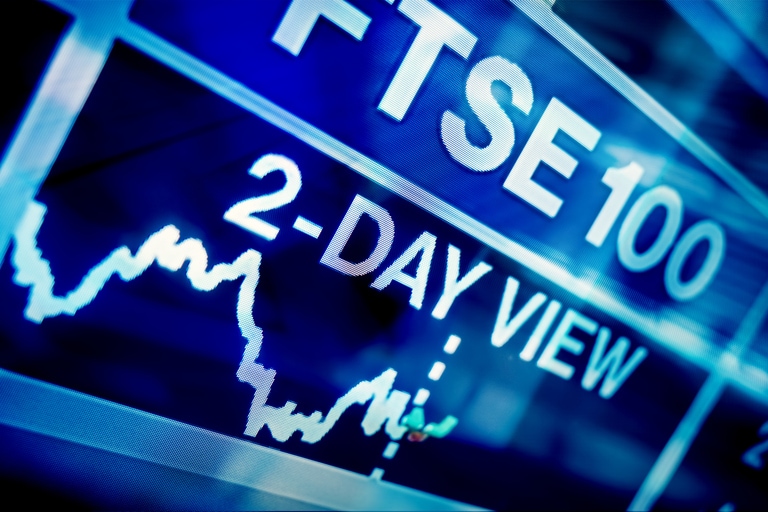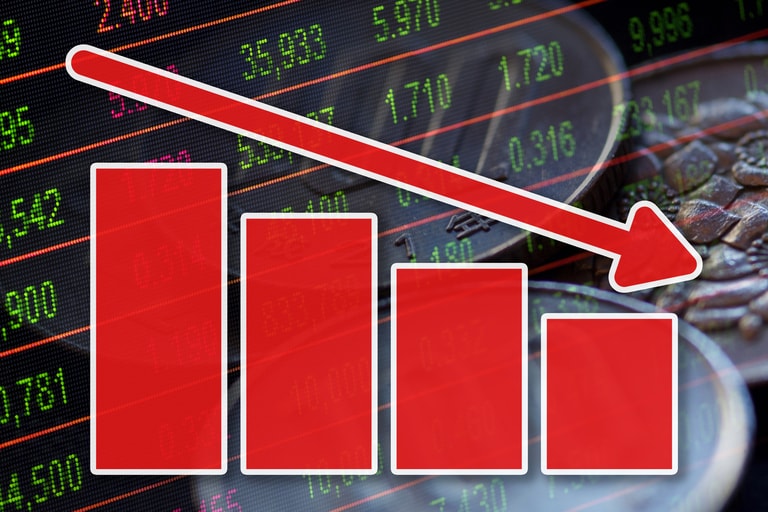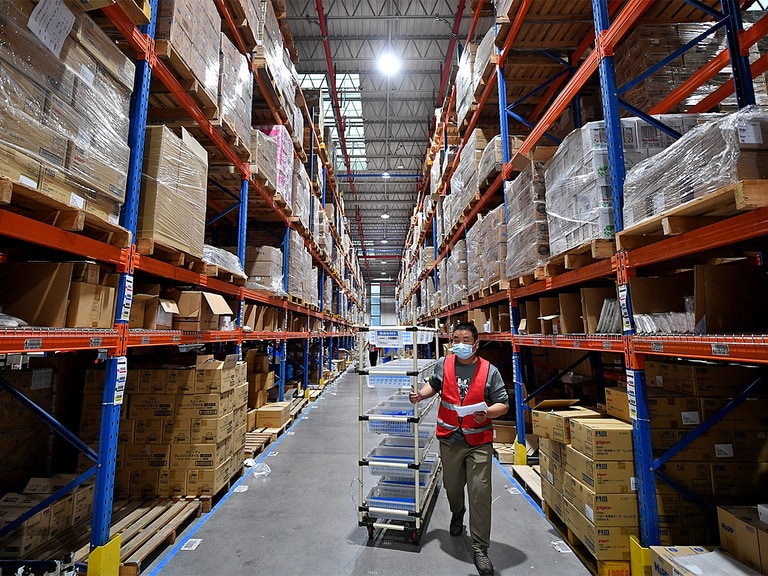Last week’s decline in European markets may have been the worst week since the beginning of March, but the decline was still modest in the context of the overall rebound from the lows in March.
The resilience of stock markets relative to the awful economic data that we’ve been seeing over the past fortnight speaks to an optimism that while the data is bad, and will continue to get worse in the short term, the consensus would appear to be that as economies come out of lockdown we can expect to see improvements as we head into the second half of the year.
Oil prices already appear to have found a base reflecting this optimism, after the negative price lows of last month, but even here as demand expectations continue to rise, the rebound is tempered by concern that further upside may well be limited by the fragility of the rebound in demand.
As we head into a new week, Asia markets have got off to a positive start putting aside concerns over deteriorating US, China trade relations, choosing instead to focus on the ongoing resumption of business as usual in the US, while Fed Chair Jerome Powell at the weekend downplayed the prospect of a US recession, even as he said that any recovery could well take a while in the absence of a vaccine, as he was interviewed on CBS Television’s 60 minutes.
He went on to say that a lot of his expectations were based on the premise of not seeing a second wave, and that the Federal Reserve still had plenty of ammunition and that the lending programmes had plenty of scope to go further in helping to keep businesses solvent in order to buy time to get the economy through the worst.
To reflect this uncertainty, and the prospect of further US monetary policy measures, gold prices have also continued to rise, hitting a seven and a half year high in Asia this morning, even as equity markets get the week off to a positive start, as investors hedge their bets.
European markets have picked up this positive tone, even as France, Spain, Italy and Belgium lift short-selling bans on their respective stock markets, with a strongly positive start to the week. The biggest gainers have been basic resource stocks, with oil and gas leading the way, as oil prices hit one-month highs, pushing BP and Royal Dutch Shell higher, along with decent gains for mining stocks. Mexican gold and silver miner Fresnillo is also doing well due to the big gains being seen in both gold and silver prices.
On the downside, food retailers are lagging behind with Ocado, Tesco, Sainsbury's and Morrisons underperforming on the back of a weekend YouGov poll that suggested that the UK public might be in favour of a windfall tax on companies that have seen a significant increase in business as a result of the virus.
It is true that the food sector has seen a big increase in turnover as a result of the economic lockdown, and as such have seen revenues surge, however this has come at the expense of significant increase in costs, so the overall benefit hasn’t been that great.
It seems highly probable that this type of talk will only increase as governments attempt to increase the tax take in an attempt to offset increased levels of spending, however to consider penalising supermarkets at a time when their supply chains are at capacity in terms of trying to keep the nation fed, has all the hallmarks of literally biting the hand that feeds you. It is also utterly moronic when supermarkets have spent the last few years battling increased competition and ever tighter margins, while investing heavily in improved technology.
The slow increase in economic activity has picked up the pace this week with Ford UK restarting production at its engine factory, and Vauxhall restarting work at its van factory in Luton
Airlines are in focus again this morning on reports that Dubai based Emirates Airlines is looking at cutting 30,000 jobs while looking at cutting back on the number of A380’s in its fleet.
Ryanair this morning also posted its full-year numbers, with profits for the year up 13% to €1bn. Revenues also saw an increase to €8.49bn a rise of 10%, helped by an increase in revenues per passenger of 6% to €57. In terms of the current year the outlook isn’ t so rosy with an estimated loss of €200m in Q1, and a slightly smaller loss in Q2, as flights restart at the beginning of July. Despite this less than optimistic outlook, Ryanair shares have still managed to rally modestly this morning, trading just above recent five-and-a-half year lows.
The company says it expects that 2021 will see less than 80m passengers in the current fiscal year, well below its 154m target. The company also said it had taken advantage of the UK government's payroll support scheme. Ryanair also reiterated its opposition to the state aid being proffered to the likes of Lufthansa, Air France-KLM and Alitalia, which it says offers an unfair advantage to the smaller, more efficient airlines who haven’t taken advantage of similar state-sponsored programmes.
The pound has come under pressure over the past few days ahead of next month’s June deadline for extending the Brexit talks, over concerns that the talks could be heading for deadlock. The EU is insisting that the UK should continue to apply the bloc’s state aid restrictions, as well as applying various environmental and labour market protections. The insistence on the state aid provision is particularly jarring at a time when the blocs two biggest members, Germany and France, openly flout that restriction when it suits them, as Ryanair CEO Michael O’Leary not so subtly pointed out this morning. Nonetheless the pound has come under pressure, slipping to six-week lows against the dollar as markets up their bets against the currency.
Commodity currencies are also making good ground with the best performers as economies start to reopen with the Canadian, Australian and New Zealand dollar all performing strongly, along with the Norwegian Kroner.
US markets look set to take their cues from days positive start in Asia and Europe with a similarly positive open. Apple shares are set to be in focus as the company sets about reopening some of its stores this week.
CMC Markets erbjuder sin tjänst som ”execution only”. Detta material (antingen uttryckt eller inte) är endast för allmän information och tar inte hänsyn till dina personliga omständigheter eller mål. Ingenting i detta material är (eller bör anses vara) finansiella, investeringar eller andra råd som beroende bör läggas på. Inget yttrande i materialet utgör en rekommendation från CMC Markets eller författaren om en viss investering, säkerhet, transaktion eller investeringsstrategi. Detta innehåll har inte skapats i enlighet med de regler som finns för oberoende investeringsrådgivning. Även om vi inte uttryckligen hindras från att handla innan vi har tillhandhållit detta innehåll försöker vi inte dra nytta av det innan det sprids.






